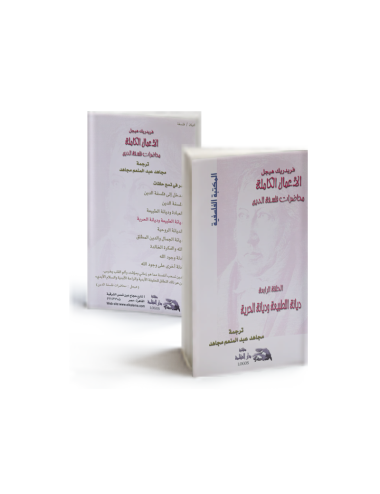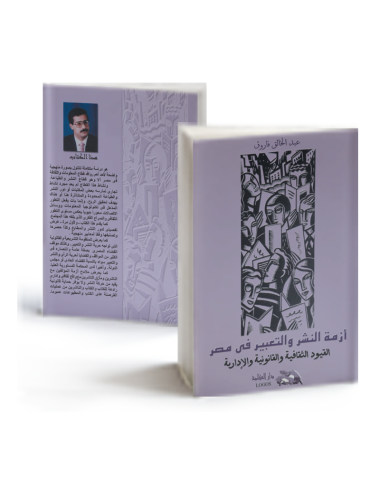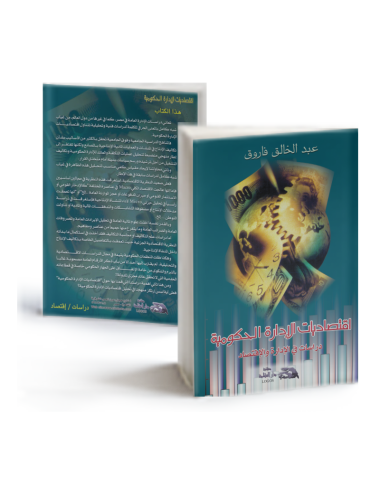History of Aesthetics
Man creates masterpieces of literature and art, but he does not want to be satisfied with this, but rather he wants to understand what is behind his creativity.
0 kg - 200 kg
Man creates masterpieces of literature and art, but he does not want to be satisfied with this, but rather he wants to understand what is behind his creativity.
The higher is also the deepest, and in it the separate moments are grouped together in the subsequent pigmentation of the subjective unity, the need for the interconnectedness that characterizes directness is eliminated, and the separate moments are returned to the subjective unity.
Antigone begins with The two sons of Oedipus, Eteocles and Polyneices, who are fighting for the kingship of Thebes. Both men die in the battle. Their successor, Creon, decides that King Eteocles will be buried, but Polyneices, because he was leading a foreign army, will be left on the field of battle. Antigone, his sister, buries him anyway.
Antigone is caught burying Polyneices and is condemned to death. Her fiance and Creon's son, Haemon, learns about this and tries to convince Creon to change his mind. It's only then that the seer Tiresias appears. After a long discussion, he finally persuades Creon that the gods want Polyneices buried. By then it's too late Antigone has hung herself, Haemon kills himself when he finds her, and Creon's wife kills herself when she learns about her son.
For Hegel, thought is not philosophical if it is not also religious. Both religion and philosophy have a common object and share the same content, for both are concerned with the inherent unity of all things. Hegel's doctrine of God provides the means for understanding this fundamental relationship. Although Hegel stated that God is absolute Spirit and Christianity is the absolute religion, the compatibility of Hegel's doctrine of God with Christian theology has been a matter of continuing and closely argued debate. Williamson's book provides a significant contribution to this ongoing discussion through a systematic study of Hegel's concept of God.
What is required for Egypt is not to give up the "peace option", but for Egypt to fight a "peace war", taking advantage of the elements of weakness in the Israeli entity.
The normal, eternal, absolute idea - in its eternal existence - in and of itself - is God in his eternity or eternity before the creation of the world, and outside the world.
The main characteristic here is subjectivity as a self-determining force - and this subjectivity and rational power that we have met before in the form of the one who has not yet been defined within himself and whose goal - as it appears in the realm of reality - is in this the most specific thing possible.
The separation of religion from the subject manifests itself in the emergence of an actual will. In the will I am an actual and free being, and I present myself against the subject as another, in order to represent it with myself by removing it from that state of separation.
The world houses people equally with natural things. When the world is thus treated as a gathering or even a gathering of natural things, it is not conceived as nature, and we do not understand that it is something that is in itself a holistic system, a system of regulations and arrangements, especially laws.
This is the first of two volumes of the only English edition of Hegel's Aesthetics, the work in which he gives full expression to his seminal
What we must begin with is the question: How can a beginning be formed? This - at least - is a formal requirement for all sciences, and for philosophy in particular, and that there is nothing that must find a place for it in it that does not occur with proof.
This book is an integrated study that deals in a clear and systematic manner with one of the most important tributaries of the cultural information sector in Egypt, namely the publishing and printing sector.
Public administration studies in Egypt as in other countries of the world suffer from an almost complete absence in the literal sense of the word for technical and analytical studies dealing with the economics of government administration.
The true "spiritual enthusiasm" is what we generally call "the church". This expresses this grouping, towards what has already been renewed.
Hegel's lectures have had as great a historical impact as the works he himself published. Important elements of his system are elaborated only in the lectures, especially those given in Berlin during the last decade of his life.
A man asked the Greek philosopher Aristotle: What is the use of studying beauty? The great answer came from the great philosopher: This is the question of a blind man.























